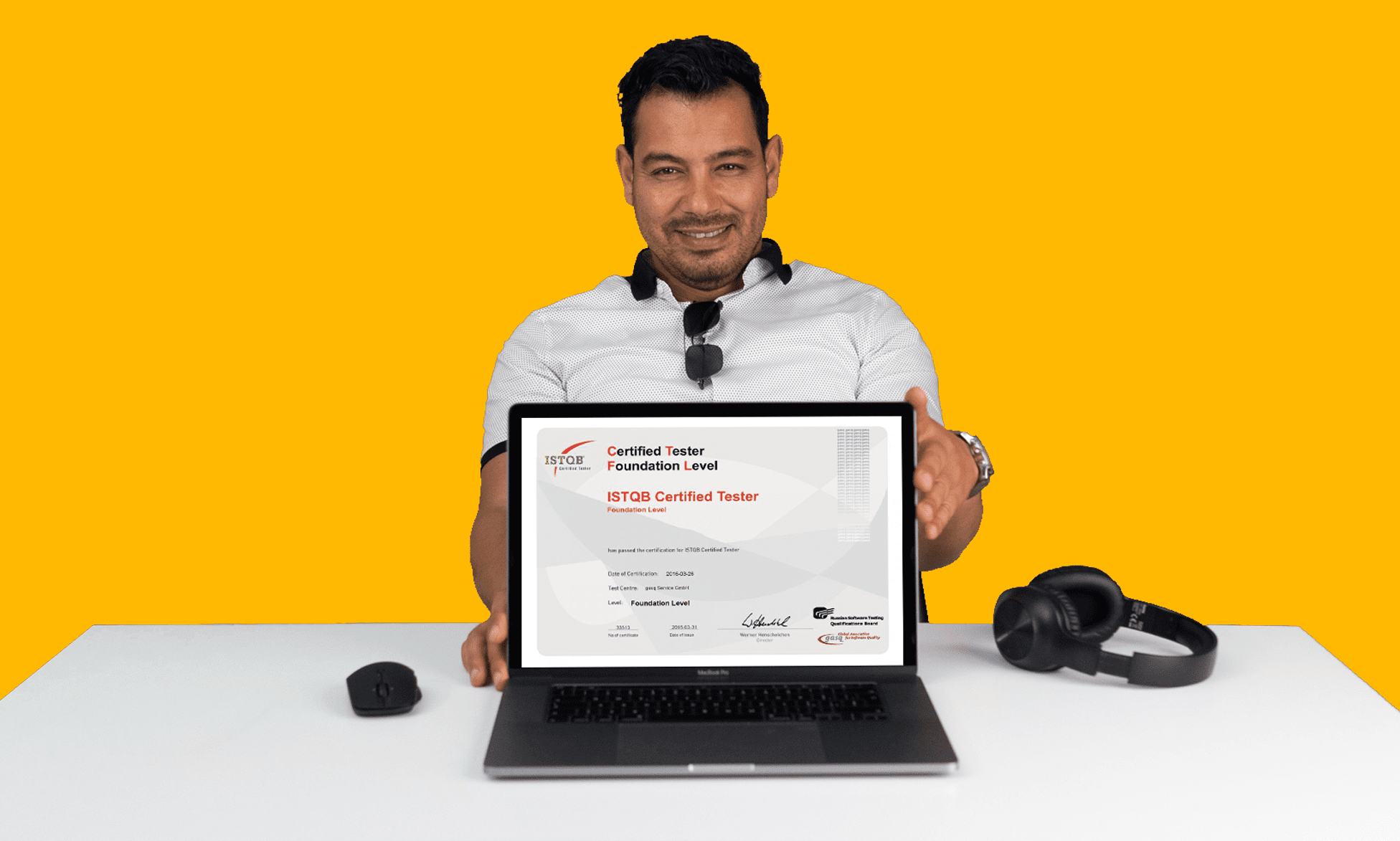ISTQB Certified AI Testing Course | Business Objectives for ISTQB
Software testing is a critical phase in the development lifecycle, ensuring that applications meet quality standards and user requirements. To excel in this domain, professionals often seek certification from renowned bodies like the International Software Testing Qualifications Board (ISTQB). This article explores the intersection of ISTQB principles with the burgeoning field of Artificial Intelligence (AI) in testing, while also emphasizing the significance of aligning testing objectives with broader business goals.
Introduction to ISTQB Software Testing
ISTQB sets the global benchmark for software testing proficiency, offering certifications that validate professionals’ knowledge and skills. These certifications cover various levels, from Foundation to Expert, providing a structured pathway for career advancement in testing.
Understanding ISTQB Certified AI Testing Course
Benefits of ISTQB Certification
An ISTQB Certified AI Testing Course enhances credibility, demonstrating a comprehensive understanding of testing principles and practices. It equips professionals with industry-standard methodologies, empowering them to contribute effectively to project success.
Overview of AI in Software Testing
AI is revolutionizing software testing by automating repetitive tasks, identifying patterns in data, and predicting potential issues. AI-driven testing tools leverage machine learning algorithms to optimize test coverage and efficiency.
Importance of Business Objectives in ISTQB
Aligning Business Objectives with Testing Goals
Successful testing aligns with broader business objectives, such as delivering high-quality products, minimizing time-to-market, and enhancing customer satisfaction. ISTQB professionals must comprehend these objectives to tailor testing strategies accordingly.
Impact of Business Objectives on Testing Strategy
Business objectives influence test prioritization, resource allocation, and risk management strategies. Testers must prioritize critical features aligned with business goals, ensuring that testing efforts align with organizational priorities.
Key Terminologies in ISTQB Software Testing
Test Case
A test case is a detailed set of conditions and inputs designed to validate specific functionalities of an application. It outlines the steps to be executed, expected outcomes, and criteria for determining test success.
Test Plan
A test plan is a comprehensive document that outlines the testing approach, objectives, scope, resources, and schedules. It serves as a roadmap for testing activities and ensures systematic and structured testing processes.
Defect Management
Defect management involves identifying, tracking, and resolving anomalies discovered during testing. Effective defect management processes minimize the impact of defects on product quality and facilitate continuous improvement.
Role of AI in Enhancing Testing Efficiency
Automated Test Generation
AI-driven tools automate test case generation, reducing manual effort and accelerating testing cycles. These tools analyze code, requirements, and historical data to generate optimized test suites, enhancing test coverage and efficiency.
Predictive Analytics in Testing
Predictive analytics leverages historical test data to forecast potential defects, performance issues, and areas of high risk. By identifying potential bottlenecks early in the development process, testers can proactively mitigate risks and optimize testing resources.
Challenges and Solutions in AI Testing
Data Quality and Bias
AI testing relies on high-quality data for training and validation, but biased or incomplete datasets can lead to inaccurate predictions and unreliable results. Testers must ensure data integrity and diversity to mitigate bias and improve model performance.
Skill Gap and Training Needs
The adoption of AI in testing necessitates upskilling testers with proficiency in data analysis, machine learning, and algorithmic thinking. Training programs tailored to AI testing bridge the skill gap and empower testers to leverage AI tools effectively.
Integration of ISTQB Principles with AI Testing
Incorporating ISTQB Methodologies
AI testing builds upon ISTQB Certified Tester AI Testing principles such as test design techniques, test management processes, and defect tracking methodologies. Integrating AI techniques with established testing practices enhances efficiency and effectiveness.
Adapting to AI-driven Testing Environments
Testers must adapt to AI-driven testing environments by embracing new tools, methodologies, and workflows. Continuous learning and experimentation enable testers to stay abreast of technological advancements and deliver value in AI-driven projects.
Conclusion
In conclusion, integrating ISTQB principles with AI testing offers a powerful framework for enhancing testing efficiency, mitigating risks, and achieving business objectives. By aligning testing goals with broader organizational goals and leveraging AI-driven tools and techniques, companies can deliver high-quality software products that meet user expectations and drive competitive advantage.
Stay in touch to get more updates & news on Discover Tribune!






